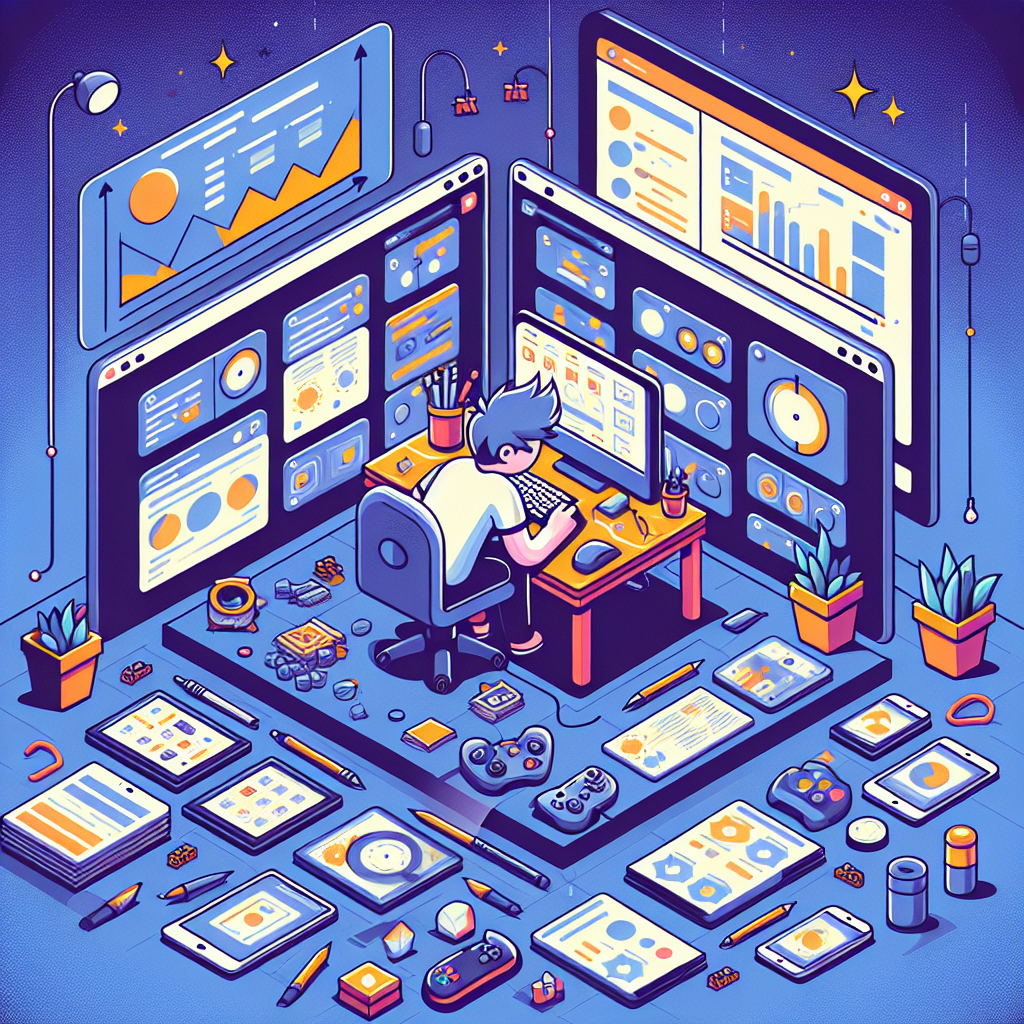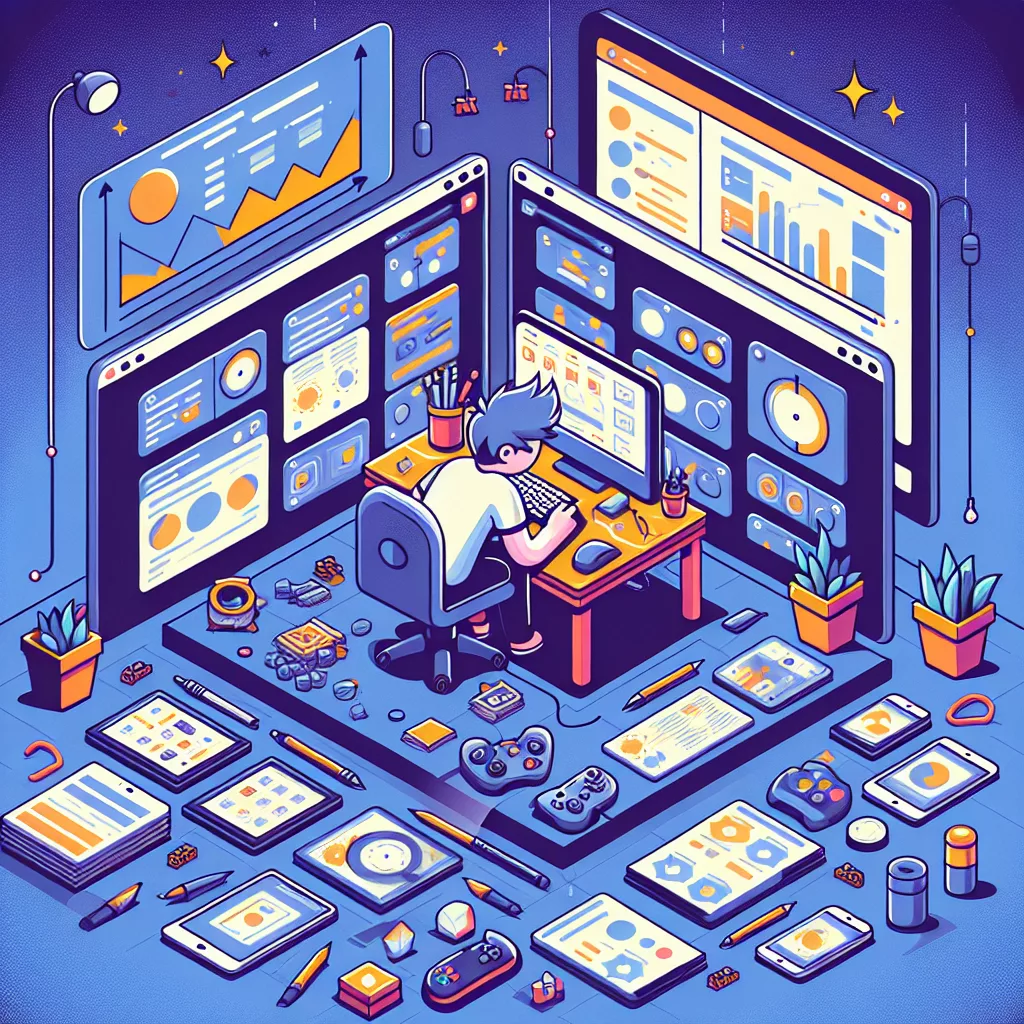In the realm of game UX research, burnout manifests as a silent adversary, with high demand for creativity clashing with tight deadlines and constant iterative feedback loops.

- High demand for quick results and data analysis.
- Frequent need to justify research decisions and relevance.
- Balancing creativity with strict project timelines.
- Limited resources for extensive game user testing.
- Pressure to continuously stay updated with industry trends.
- High expectations from multiple stakeholders.
- Difficulties in conveying complex findings simply.
Data on career burnout statistics for Game UX Researchers indicates that the severity is moderate.
Reasons Game UX Researchers burnout
According to the science to date there are key reasons people burnout at work. Here’s our top reasons why Game UX Researcher in the Technology category has a burnout risk of Moderate:
As a Game UX Researcher, you may experience burnout due to various factors specific to the role and industry demands.
High Workload: The constant demand for testing and iterating user experience can lead to a high workload. This can be exacerbated by tight deadlines and a fast-paced development cycle. Over time, the continual pressure may contribute to burnout.
Emotional Demands: Conducting user research often requires you to mediate between user expectations and the limitations of game development. This emotional labor, especially when coupled with passionate stakeholders, can be draining.
Monotony and Repetitiveness: If your role is heavily focused on repetitive tasks such as data collection and analysis, it may lead to feelings of boredom and dissatisfaction, contributing to burnout.
Insufficient Recognition: The work of a Game UX Researcher may be undervalued in some development teams, leading to frustration. Lack of appreciation and recognition can deplete motivation and increase burnout risk.
Work-Life Balance: Achieving a healthy work-life balance can be challenging in the gaming industry. Extended hours during crunch times can blur boundaries between work and personal life, contributing to stress and burnout.
Rapid Technological Changes: The gaming industry is constantly evolving with new tools and methodologies. Keeping pace with these changes can add to your workload, compounding stress and the potential for burnout.
Burnout rate data for Game UX Researcher/Technology
There is limited up-to-date data specifically on burnout among Game UX Researchers, but studies on burnout in the broader technology industry are available. Burnout in tech is often associated with demanding workloads, tight deadlines, and constant connectivity, which can lead to mental and physical exhaustion. Tech professionals, including UX researchers, report challenges in maintaining work-life balance, contributing to higher stress levels and burnout.
A Deloitte report highlights that 77% of professionals experienced burnout in their current job. Similarly, a study by Gallup found that around two-thirds of full-time workers experience burnout at some point. While these resources don’t focus solely on Game UX Researchers, they provide insights into the tech industry’s burnout challenges. You can explore more via these sources: [https://www2.deloitte.com/us/en/insights/focus/human-capital-trends/2015/managing-employee-burnout-and-stress.html] and [https://www.gallup.com/workplace/237059/employee-burnout-crisis.aspx].
Do you have experience of Burnout as a Game UX Researcher or in Technology?
Share your story about Game UX Researcher burnout on our share your story page.
Burnout in Technology
Career Burnout Rates > Burnout in Technology > Game UX Researcher Burnout


